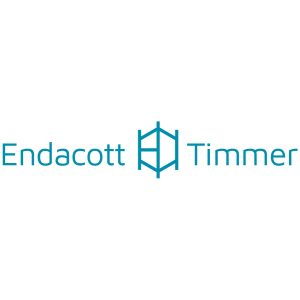Commercial real estate is an ever-changing, dynamic sector where owners and financial institutions oftentimes face challenges, especially during economic downturns and times of financial stress. Borrowers may find themselves having troubles meeting their obligations, which leads to the need for loan accommodations and workouts. There are many different types of loan accommodations, some of which include: interest rate modifications, payment deferrals, term extensions and principal forbearance. Loan workouts include, but are not limited to: loan restructuring, debt settlement, and sometimes the sale of the property.
Loan accommodations offer short-term relief and are a better option for those facing temporary difficulties. On the other hand, loan workouts afford more long-term solutions for properties navigating serious financial distress. Both loan accommodations and workouts, if properly utilized, can provide a sustainable answer for both financial institutions and borrowers facing financial difficulties.
The strongest financial institutions and borrowers are those who have the ability to manage ever-changing economic conditions, labor issues and inflation. In an effort to help commercial real estate (CRE) borrowers navigate these difficulties, the regulators updated and expanded the 2009 Policy Statement. As luck would have it, the updated statement included a new section on loan accommodations.
On Oct. 30, 2009, the Federal Financial Institutions Examination Council (FFIEC) agencies adopted the Policy Statement on Prudent Commercial Real Estate Loan Workouts to better help financial institutions understand risk management and accounting practices for CRE loan workouts. Understanding this is crucial, as 98% of banks engage in CRE lending, and of those banks, CRE lending is the largest loan portfolio type. The estimated dollar volume of CRE loans is $3 trillion.
COVID-19 played a large role in the steep decline in the demand for commercial real estate. The pandemic caused the effect to be felt across many sectors, including hospitality, office, retail and entertainment. Due to the transition to working from home, the office sector has proven to be especially vulnerable. Because of this shift, some borrowers are finding it difficult to refinance.
Oftentimes commercial loan accommodations and workouts are in the best interests of both the financial institution and the borrower. Due to the anticipated benefit, the 2009 updates encourage financial institutions to work with credit-worthy borrowers. In light of their efforts, the financial institution will not be criticized for implementing CRE loan accommodation and workout arrangements, even if the efforts result in modified loans with overall weaknesses. This is true for institutions that perform thorough reviews of their borrower’s financials.
Working collaboratively, financial institutions and borrowers will likely preserve relationships, mitigate losses for both parties and develop sustainable solutions that are in the best interest of both parties. This is true even if the financial institution has secured collateral that has a value less than the outstanding loan because if the borrower has the financial ability to repay their loan according to reasonable terms, the loan will not be subject to adverse classification.
Within the diverse area of commercial real estate, it is clear that loan accommodations and loan workouts serve as critical options for borrowers struggling to meet their financial requirements. Success is often achieved when financial institutions and borrowers collaborate and work together toward common goals. As the commercial real estate industry adapts to the ever-changing economy, understanding these options becomes crucial for sustaining an adaptive real estate market.
Annika Schoch is an associate attorney at the law firm of Endacott Timmer PC LLO in Lincoln, Nebraska. For more information about the firm, visit endacotttimmer.com or call (402) 817-1000.







